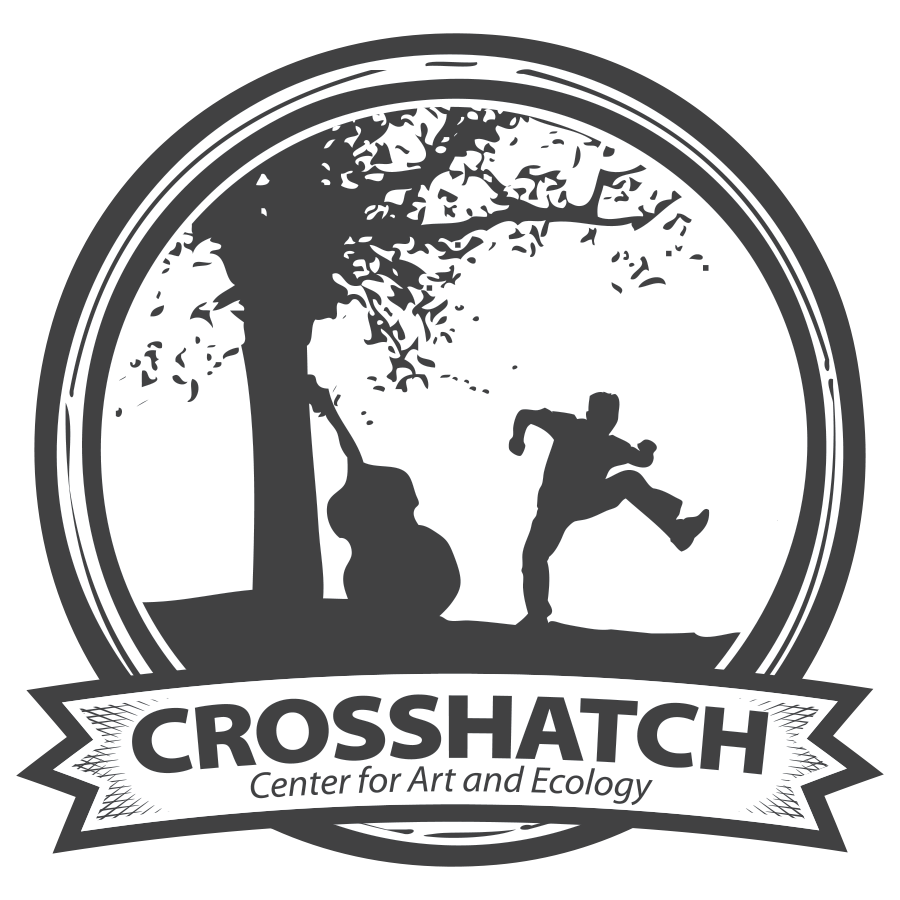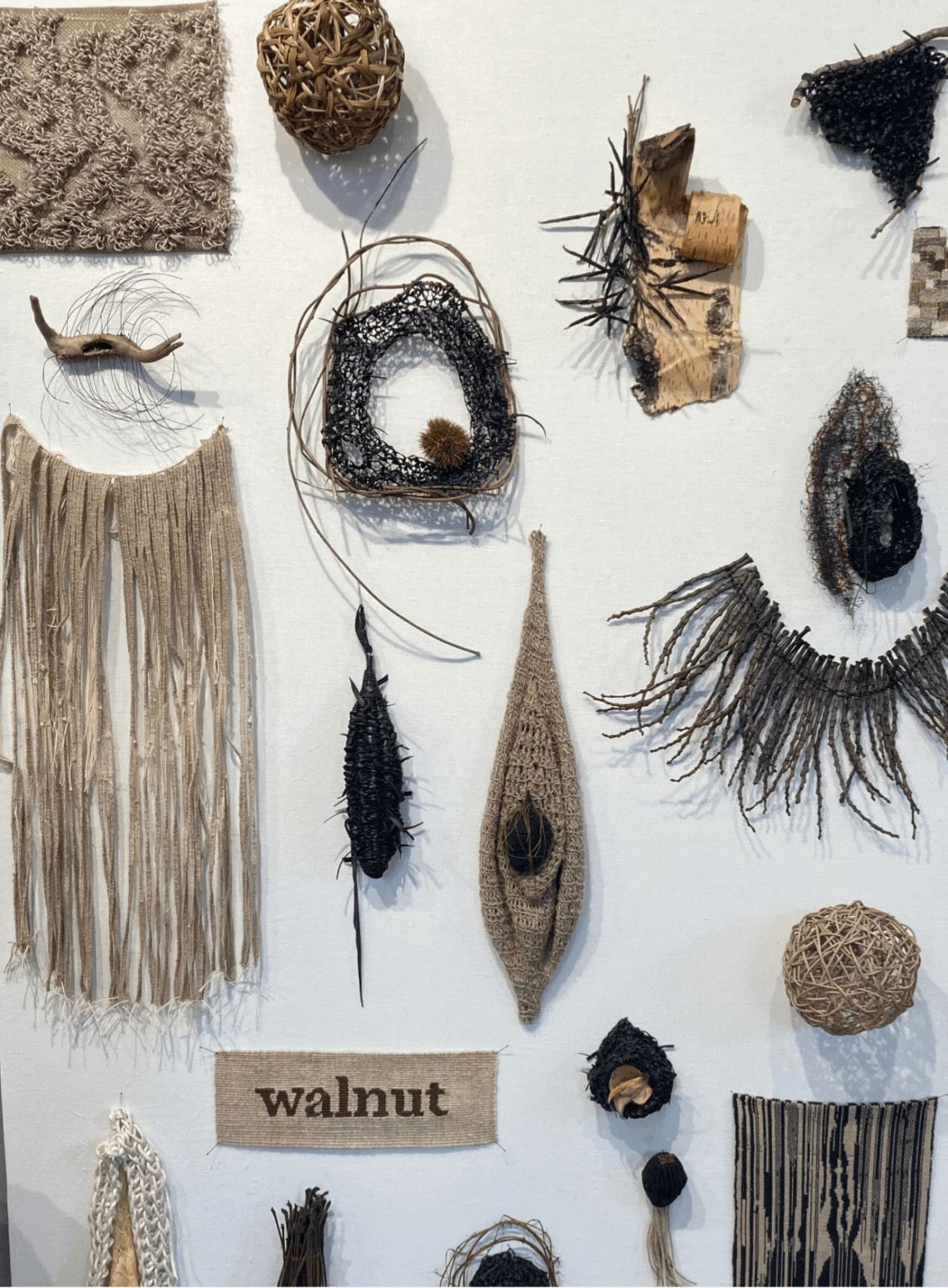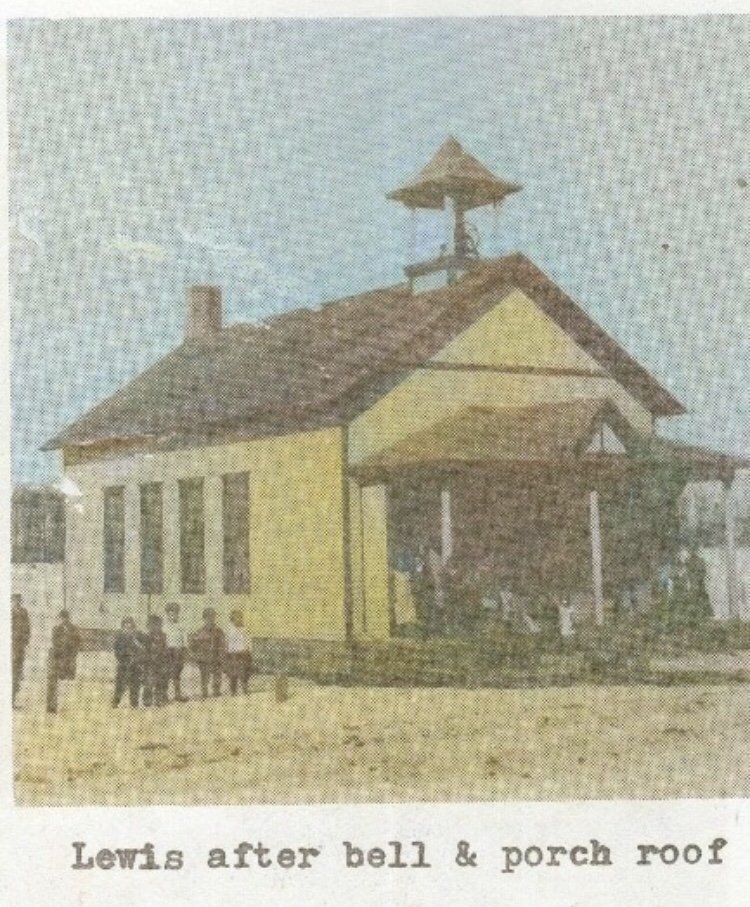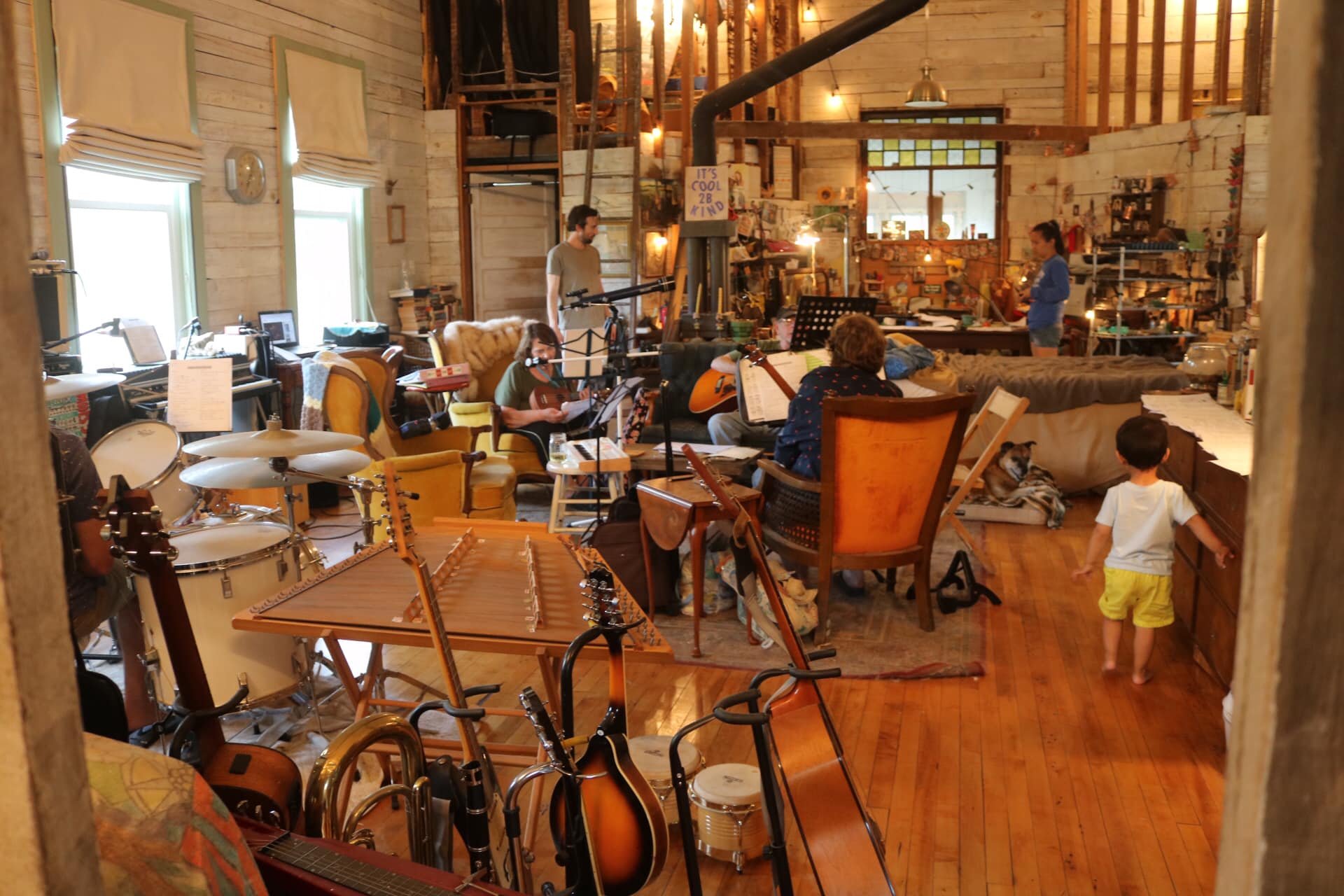Volume 3 • No. 20 • Full Moon • October 17, 2024
What are your long-term aspirations?
Our aspirations are fluid. We believe they should be dictated by the needs and interests of the community, while we in turn try to help the community identify those needs and interests. It’s a dialogue and a feedback loop, but the main focus is always going to be community.
The old newspaper archives are full of stories about schoolhouses serving as hubs for all kinds of public and social events. It’s clear from the way they would write about these gatherings, that they helped produce a certain civic energy and enthusiasm about doing things together, or even just being together. It’s hard to put your finger on exactly how that process works, and it’s not as common as it once was, but most people have probably at least experienced it enough to recognize it when they see it.
That energy seems to come at least in part from the fact that there is an obvious strength in cooperation. It’s a type of strength that people can feel, and in particular it can make them feel like they’ve got a little more control over their own destiny. Because they do when they have a community behind them. Nobody raises a barn on their own, for instance…
The Warp — Ideas and Inspiration
|| 1 || I'm catching up on Real Organic's Churchtown Conference recordings. Ben Dobson's presentation, Mexico's Fight Against the USDA, already sticks out. He plugged the speaker after him as the true expert in his topic: Mexican defense of traditional foodways and work (including importing food from farmers in the U.S.) that supports it and shared that he'd essentially be offering from his personal experience.
He grew up on a horse-powered farm where money was in short supply. Still, the food the farm grew, which they ate, and the labor involved, which they undertook, kept his family from having to visit the doctor much—in a sense, saving money. Their small-scale, organic, low-input style of farming came with an array of benefits understood to mean that less money was needed to balance the books. These remarks immediately had words from months ago ringing in my ears, words from a farmer hours north of the Churchtown gathering: I really don't need much money to continue to do this work; if it's going well, I'll need less and less of it as the years go on. What I need instead is an answer to that question, "On whose behalf do I live?" (Adam Wilson, What Do You Do)
Ben continued by summing up his experience and transitioning to current conditions: farming today, especially organic, tends to be different. Growing food is product-oriented; fertility tends to be sold to the farmer rather than cycled by. It's dependent upon bringing inputs to a place. Different from the particular instances of importing food from the U.S. that Ben would speak of as a stabilizing force for Mexicans (i.e., not GMO corn), these imports don't offer stability. Over time, they leave farmers in a bind. Again, Ben's words brought to mind the sentiments of another—this time a lament on the difficulty of farm viability, as well as the importance of frugality and resourcefulness, offered by Nic Thiesen in IPR's Points North's Labor of Mixed Emotions.
Ben's takeaway and the conference's bits of hope came in varied forms. His talk specifically called for championing food as a way towards a future—not an easily replaceable commodity, but something we all profoundly depend upon. And he squeezed work in too—rather than equating work merely with money, outcomes need to be considered.
You'll encounter something stunning if you catch any of the conference footage. The main talks took place in a beautiful domed barn. It's the centerpiece of Churchtown Dairy; think open space scaffolded by timber framing, sunlight streaming through skylights, arches, and columns—it's remarkable. It'll have a different feel in a few months—they overwinter their cows in the dome. Each spring, they muck it out, spray it all down, and piece the wooden floor back in. Once again, it's a gathering space for community, farm markets, and events until fall.
Who's behind it? Abby Rockefeller largely. (Yes, those Rockefellers. And if Cell 16 or Clivus Multrum mean anything to you, I should say— yes, that Rockefeller.) Abby asked Rick Anderson to build her a farm and told him: It must be beautiful; small is beautiful in the world of agriculture, because when the scale is right - when it is good for the farm family, good for the animals, and good for the land—there is beauty. That's a concise and compelling testament to the confluence of art and ecology.
|| 2 || Have you ever considered building or living in a small home? Here's a look at unexpected complexities and opportunities that exist wherever and however you are, all through the lens of Stephanie Ebert's reflections on her family's previous self-built tiny house experiences versus current life in a larger home.
Living in a Tiny House is a rather public lifestyle choice. You can tell from the outside that a different value system is at work. The challenge, I suppose, now that we have a "normal" house, is to see if we can keep living in such a way that when people visit, they still feel our insides are bigger than our outsides.
Once again, Adam Wilson's words come to mind. What If We Were Needed explores the idea that encountering difficulty and finding ourselves in need of others isn't negative; it keeps us in relationship. What if having unmet needs isn't a problem to be solved, but an ecological condition that ensures ongoing human belonging? What if the work of growing up begins by asking how we were meant to become a shelter for others?
|| 3 || Wrapping up, I'll make this real quick. I used ChatGPT (which I very rarely do, as a matter of principle) to whittle down a playlist of some fifty songs to a handful that would be most appropriate for proposing at the Lewis School Jam Sessions. The technology made easy work of what would have taken me quite some time, and it was for a convivial, community-building, in-the-flesh cause.
Same thing, in North Carolina. Leopold Conservation Award-winning farmer Russell Hedrick and co used drones ordinarily employed for agricultural use to deliver supplies in the aftermath of Hurricane Helene—Technology Meets Compassion.
On the flip side, did you hear about the robotic body designed to be controlled by electrical signals sent by King Oyster mycelium? While the article outlines a handful of positive potential uses, there's something disturbing about watching the mechanical mushroom apparatus scoot as it tries to avoid the light that the researchers keep shining on it.
This brings us full circle. After Ben's talk at the Real Organic conference, Tim Wise presented on the effects of the Green Revolution, particularly in Africa, and the hubris of techno/commodity solutions, like Bill Gates's offering of vitamin-fortified bouillon, as seen on Steven Colbert's The Late Show.
Sure, the bouillon might be part of an approach to address rampant child malnutrition, but for Bill to herald it without acknowledging or addressing his work's role in creating the conditions of that malnutrition is disturbing. Find more in Why African Groups Want Reparations From The Gates Foundation (Forbes) or Critiques of Gates Foundation's agricultural interventions in Africa (U.S. Right to Know).
The Weft — News and Events
We’re heartened by a wide-range of expressions of resilient communities and gatherings. Here’s a smattering of regional events and happenings that reflect that diversity, collected for your consideration. Choose your own adventure!
|| 1 || Alluvion Arts Open Walls Art Exhibition @ Commongrounds—Local artists are invited to submit one piece of artwork to hang in the Annual Open Walls Art Exhibition, opening on October 19th from 5-7pm. Submit your artwork here, and/or find more details here.
|| 2 || Request for Proposals @ Hatchquarters. Crosshatch is seeking architectural design services for a stand-alone residential unit, which will serve as the anchor for a comprehensive campus (XH Campus) to follow. Find more details here, or click here for the full project vision.
|| 3 || Harvest—A Celebration of Food, Farms, and Culture. Friday, October 18th at 5-7pm, DeYoung Natural Area Farmstead. Breathe Owl Breathe, a food and farming panel discussion, local food and drinks, and more. Click here for more details on the free celebration and to sign up.
|| 4 || Registration for the 2024 Michigan Beekeepers Association Fall Conference is now open. Saturday, October 19th, 8am-5pm at Benzie Central High. Click here for information on the upcoming sessions, pre-conference offerings, and keynote address, as well as registration.
|| 5 || The 2024-2025 Carbon Farming and Forestry Planning Cohort (taking place between November 2024 and June 2025) is recruiting now. Participation is recommended for all individuals and families seeking support for conservation and climate-smart activities on land they steward. The program provides connection opportunities with other land stewards, decision-making assistance, and guidance geared toward climate resilience. Find more information and sign up here.
|| 6 || The Fresh Coast Film Festival, Marquette, MI, Oct 17-20th. A documentary film festival celebrating the outdoor lifestyle, water-rich environment and resilient spirit of the Great Lakes and Upper Midwest. Find more and/or get tickets here.
|| 7 || Reading and Book Signing + Poetry Workshop with Fleda Brown. Join Fleda, author of The Woods Are on Fire: New and Selected Poems, for a reading and discussion of poetry on October 23 at Bos Winery in Elk Rapids, and a writing workshop at Grass River Natural Area in Bellaire on October 24. The first 25 people to register for either event will receive a free copy of The Woods Are on Fire: New and Selected Poems.
|| 8 || Small Farm Collab Confab—Monday, Oct. 28th, 9am-2pm. "Confabulation," stemming from the Latin "Con" (together) and "Fabula" (fable), can be interpreted as sharing stories and building connections. If you add ecological agriculture and local food systems to the mix, success and resilience depend upon the same sharing and togetherness. Consider joining us to connect with fellow farmers, food folks, and land stewards. It'll be a day of conversation, inspiration, and collaboration, and, naturally, lunch and refreshments will be provided. Learn more and register here.
|| 9 || Renewable Roots Convention: Biochar and Other Regenerative Practices. Lake City, November 18th-19th. Expect workshops, networking, meals, training, and more. Presented by the Missaukee Conservation District. Find more information and sign-up here or on Facebook.
|| 10 || North Central SARE’s (Sustainable Agriculture Research and Education) Farmer Rancher Grant Program—Proposals are now being accepted for grants “for farmers and ranchers who want to explore sustainable solutions to problems through on-farm research, demonstration, and education projects.” Find more information on deadlines, Q&A sessions for potential applicants, and other details here.
|| 11 || The Kingsley Folk School, “a non-profit community space for sharing and learning skills from folk traditions for all ages,” is raising funds to build a yurt for year-round classes and workshops for larger audiences. Find more on the fundraiser here.
|| 12 || Produce Safety Trainings, Virtual and In-Person—One-day training courses for produce safety certification from MSU Extension’s Agrifood Safety Department are coming up soon. Here’s a list of upcoming dates and opportunities, along with more details.
|| 13 || Happenings at The Alluvion Between Now and the Next Whole Field include: The Jeff Haas Trio featuring Laurie Sears and Lisa Flahive, with the NMC Jazz Big Band (Directed by Joshua Wagner), Mindful + Musical with Miriam Pico: BABY BIRD, Desmond Jones, The Handstanders, Dixon’s Violin, Big Fun, Alex Cuba, The Jeff Haas Quintet featuring Marion Hayden, Laurie Sears, Anthony Stanco, & Tariq Gardner, with Lisa Flahive, The Charlie Millard Band, The Don Julin Trio, Funky Uncle, and Oryana Presents: Dissecting the Definition of "Healthy”—A talk with Gabby Davis.
Find more information at www.thealluvion.org.
sponsored by:
Desmond Liggett Wealth Advisors is a mission-driven, fee-only wealth management company with a simple purpose: to generate exceptional value for the individuals, families, small business owners, and non-profit organizations they serve. Desmond Liggett Wealth Advisors believe in and adhere to triple-bottom-line analysis for portfolio investments, ensuring that they review how a company’s environmental and social values impact its long-term resilience and, consequently, value.
Many thanks to the Michigan Arts & Culture Council and the National Endowment for the Arts for their support of this work.
Crosshatch’s The Whole Field is a biweekly (meaning roughly every other week) human-written newsletter. We aim to provide engaging, thought-provoking content that’s worth your time. If you’ve been forwarded this email and want to receive future editions, click here to subscribe to our mailing list or view past newsletters.
We also envision this best as a collaborative work. If you have any suggestions, leads, questions or feedback, we appreciate your reply directly to this email.
Copyright (C) 2023 Crosshatch. All rights reserved.











